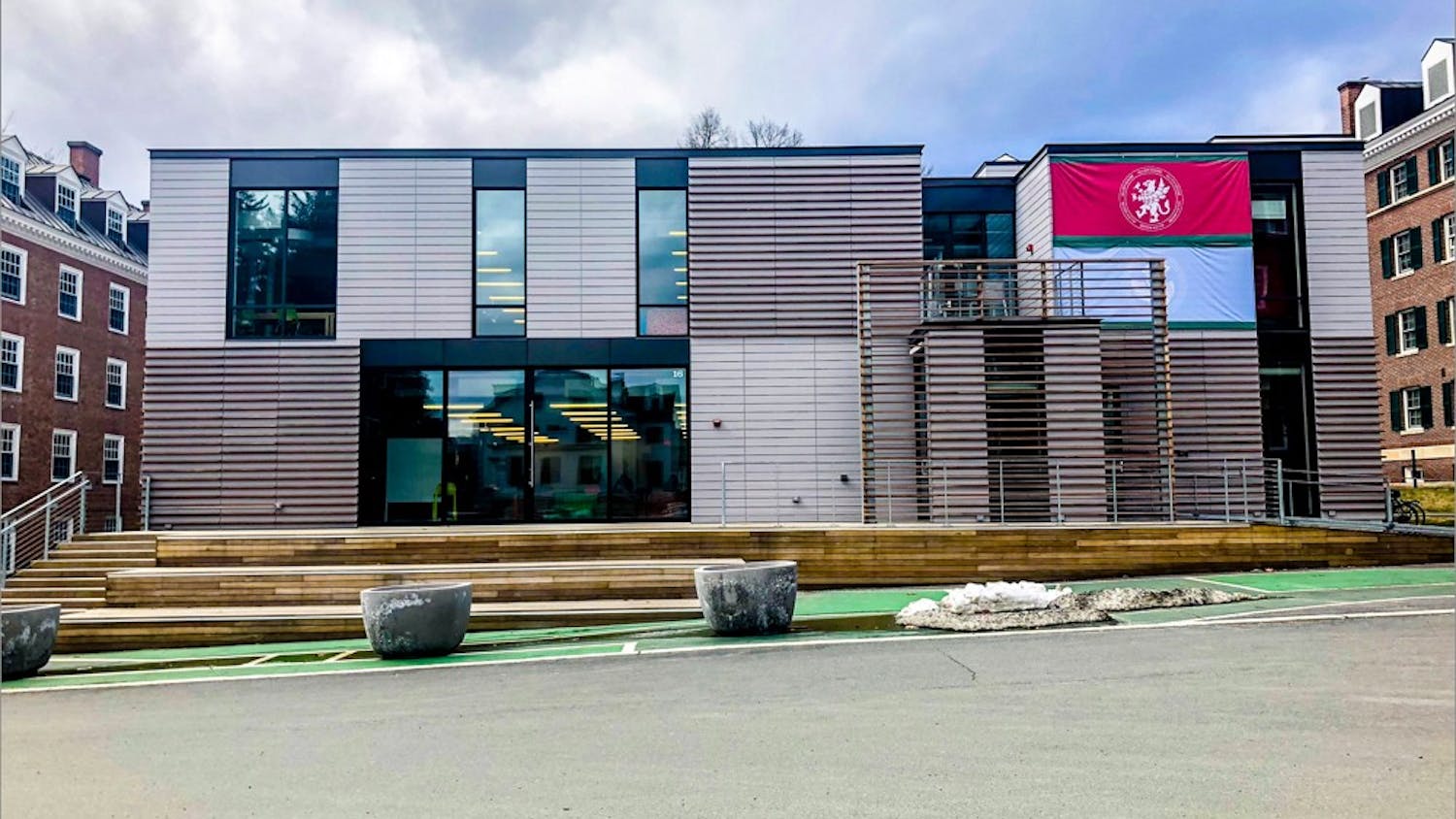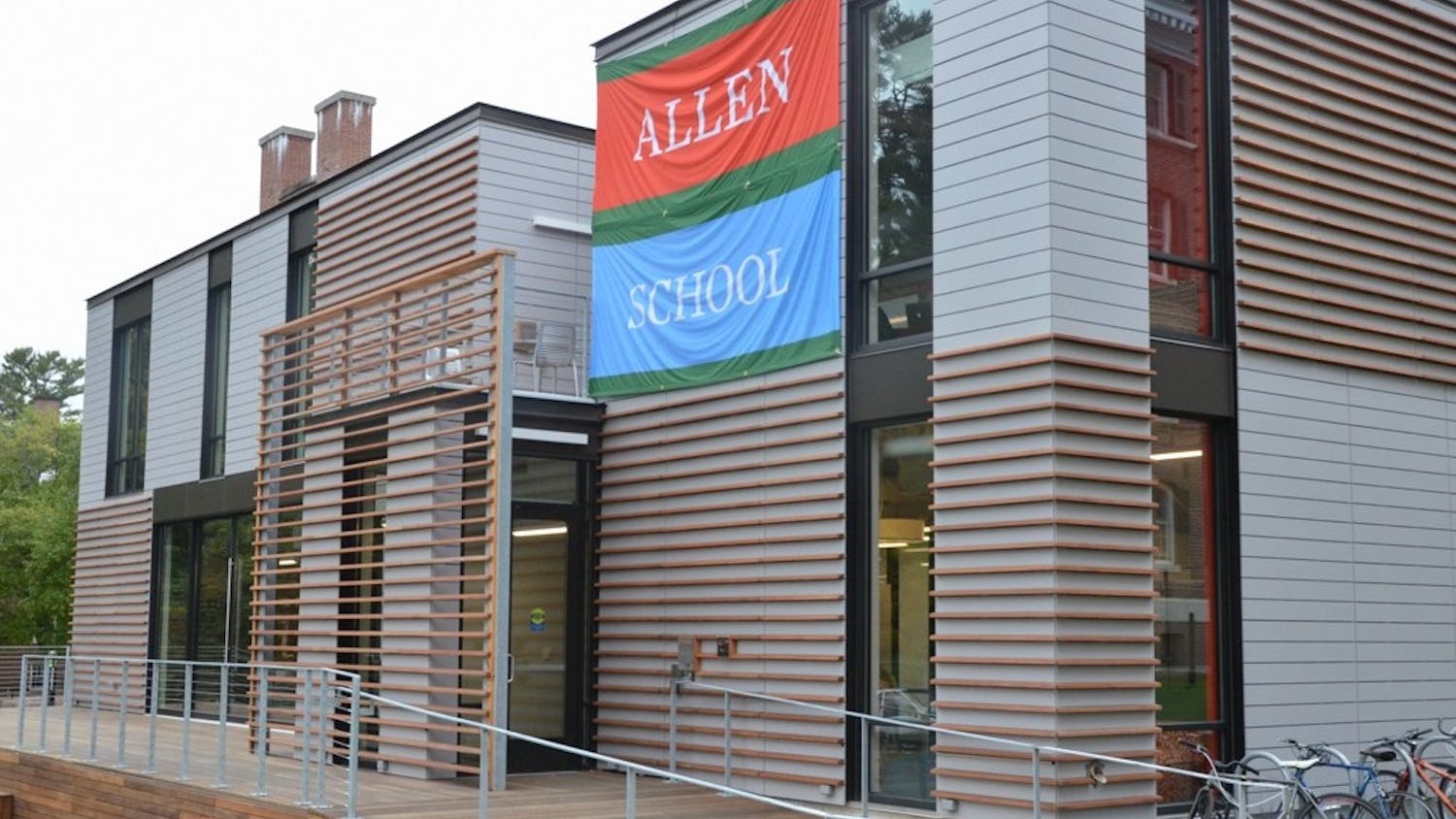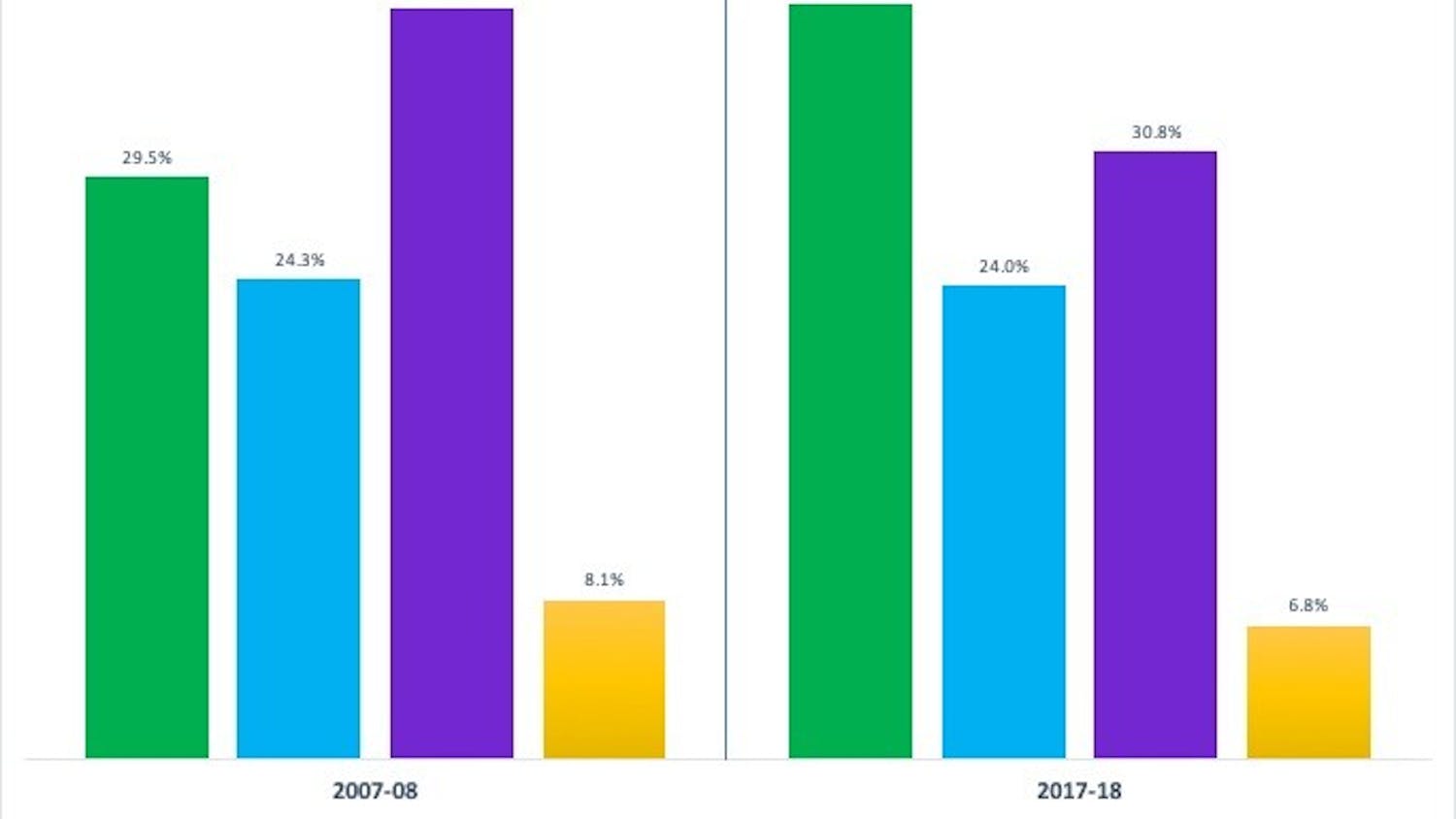After restricting access to residence halls within students’ House communities at the beginning of fall term, the College will now allow universal student access to residential facilities between 8 a.m. and 9 p.m. daily. Overnight access to residential facilities is still restricted to residents and House members.
The policy change was announced in separate emails to the student body by associate dean of residential life Mike Wooten and Student Assembly. Both emails noted that a working group on student access — which includes Wooten, members of Student Assembly and the Inter House council, House professors and Dean of the College Kathyrn Lively — will continue to meet to discuss additional “safety issues” such as access to individual rooms and door locking.
"I think it finds an appropriate balance between security needs and campus openness," said Student Assembly president Luke Cuomo ’20 in an interview with The Dartmouth. "A cooperative process necessitates compromise."
The original dorm access restrictions were announced on Sept. 14, just before the start of fall term. Wooten told The Dartmouth at the time that the change was in response to a request from Student Assembly to improve security after a series of racial bias incidents in October 2018.
Cuomo and Student Assembly vice president Ariela Kovary ’20 rejected this justification and criticized the restrictions in an email to the student body, stating that the Student Assembly had no prior knowledge of the changes and suggesting that the restrictions would not achieve its goal of improving student safety.
In the weeks that followed, Student Assembly circulated a petition demanding a reversal of the policy which garnered nearly 3,000 signatures from the student body. A survey fielded by The Dartmouth found that 94 percent of students either strongly or somewhat opposed the restrictions.
On Oct. 18, the Office of Residential Life restored universal access to several common spaces: House Center A, House Center B, the lounges in Fahey Hall, Brace Commons and Occom Commons.
Both email announcements welcomed student participation and input in the next stages of the working group’s discussions.




